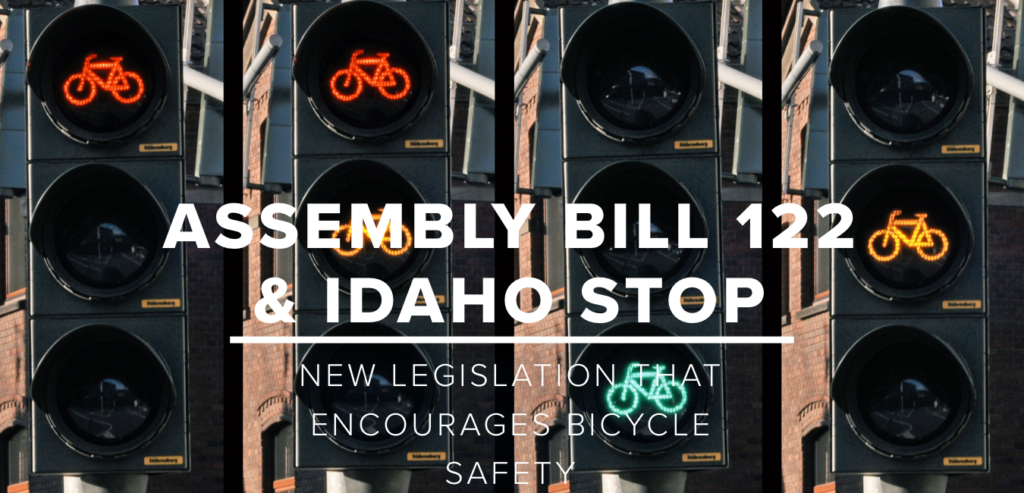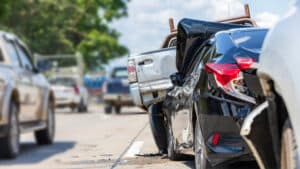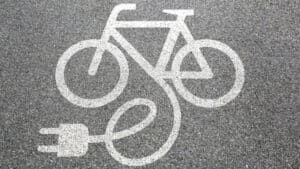Weekly Articles | On-The-Go
Written By Christopher B. Dolan and Emile A. Davis
This week’s question comes from Danielle T. from San Francisco:
I am a San Francisco resident and bicycle commuter. I ride to work daily and find it frustrating and unsafe to stop at a four way stop when it is clear for me to proceed. Often, when multiple cars are at the intersection, I feel I am slowing things down waiting my turn, and I have to rely on drivers seeing me and “allowing” me to take my turn in order to be safe. I don’t need the hassle of a ticket or people yelling, so I follow the law and stop, even though I am putting myself at risk. I think bicyclists should follow traffic laws, but there should be exceptions, or different rules for cyclists where it makes sense. Are there any changes coming? How can I help push for this type of change?
Thank you for your thoughtful question, Danielle. As a cyclist myself, I share your concerns and observations that better rules which recognize the way cyclists use the road, particularly as it relates to bicyclists at stop signs. There is a potential solution on the horizon in California. The Safety Stop Bill (AB 122) has made its way through the legislature and is waiting for Governor Newsom to sign.
The Safety Stop Bill would change the requirements of cyclists at a stop sign. It would be lawful for a cyclist to treat a stop sign as yield sign, allowing them to proceed through so long as the intersection is clear. However, if other vehicles are at the intersection, or a pedestrian is in the process of crossing, bike riders must yield the right-of-way.
California is not the first state to consider this type of law. Idaho was first, adopting a law in 1982 that allowed cyclists to treat a stop sign as a yield sign, and a red light as a stop sign. This “Idaho Stop” stood alone for many years until other states began to see the wisdom of adopting commonsense changes to the vehicle code to appropriately treat the different issues that cyclists bring to the roadway. More recently, Washington, Oregon and Colorado have adopted similar legislation allowing cyclists to proceed through stop signs when it is safe to do so.
Legislation of this type is often met with a knee-jerk negative reaction from non-cyclists who are not used to the dangers and difficulties cyclists must interact with regularly. There are many reasons that laws of this type, and AB 122 in particular, are grounded in sound policy. Safety may be the most important reason. Studies have shown that where these types of laws go into effect, the rates of bicycle related accidents decrease. These laws just work. Cyclists have a clear view of the intersection without obstruction and, by necessity, have a keen awareness of the proximity of other vehicles. The bill would also conform the law to what is common practice which encourages respect for the law in general. This would have the added benefit of minimizing inequitable enforcement of laws and minimize pretextual stops of minorities for what is common behavior by all. A law of this type would bring us into conformity with our Pacific neighbors, Washington and Oregon, which have already enacted this type of law.
It is no surprise that this law is supported by the local bicycle coalitions including, Bike East Bay, the San Francisco Bicycle Coalition, and the Marin Bicycle Coalition. Getting involved with these types of organizations is a good way to help be part of an organized push for cycle friendly legislation. Here, at the Dolan Law Firm, we have a long history of support of these organizations and the work they do on behalf of cyclists.










